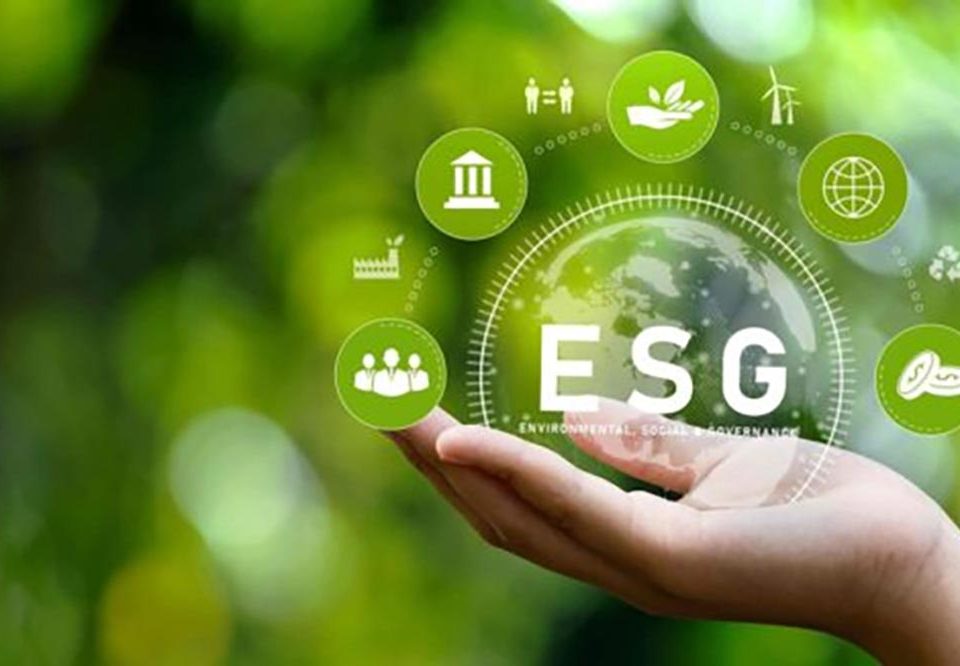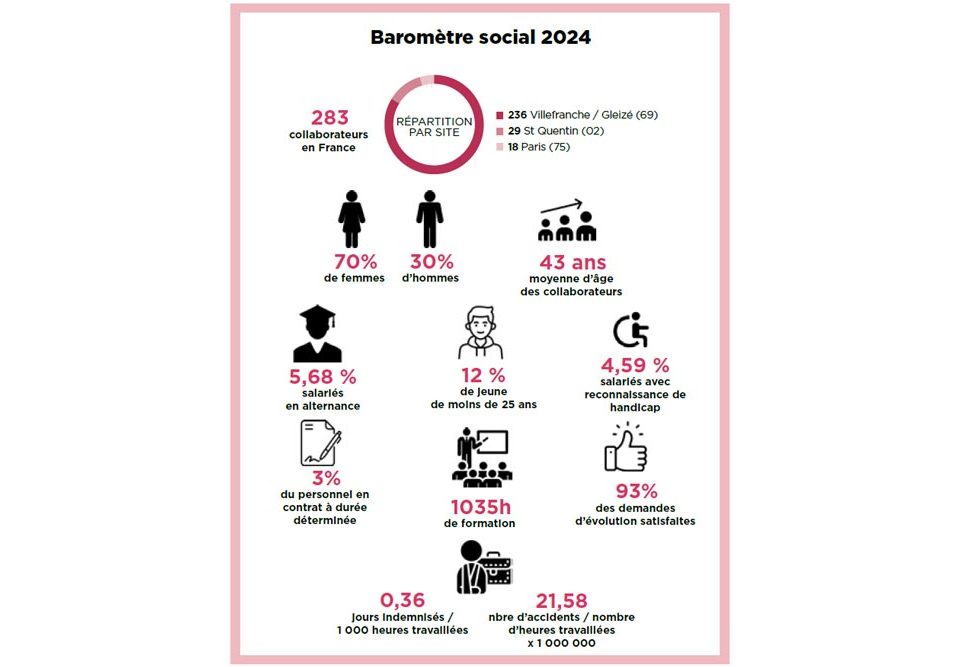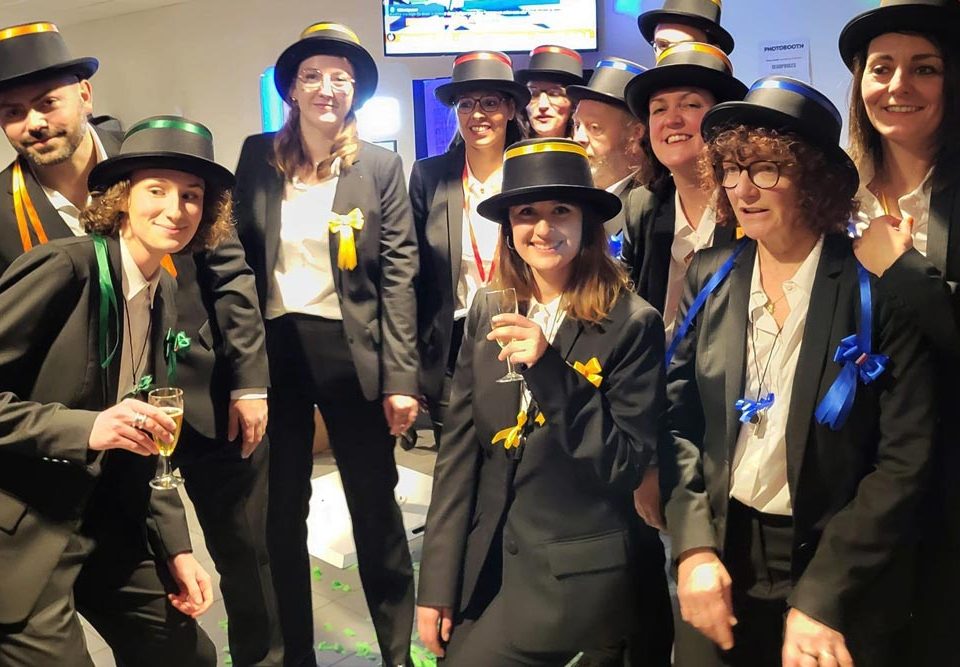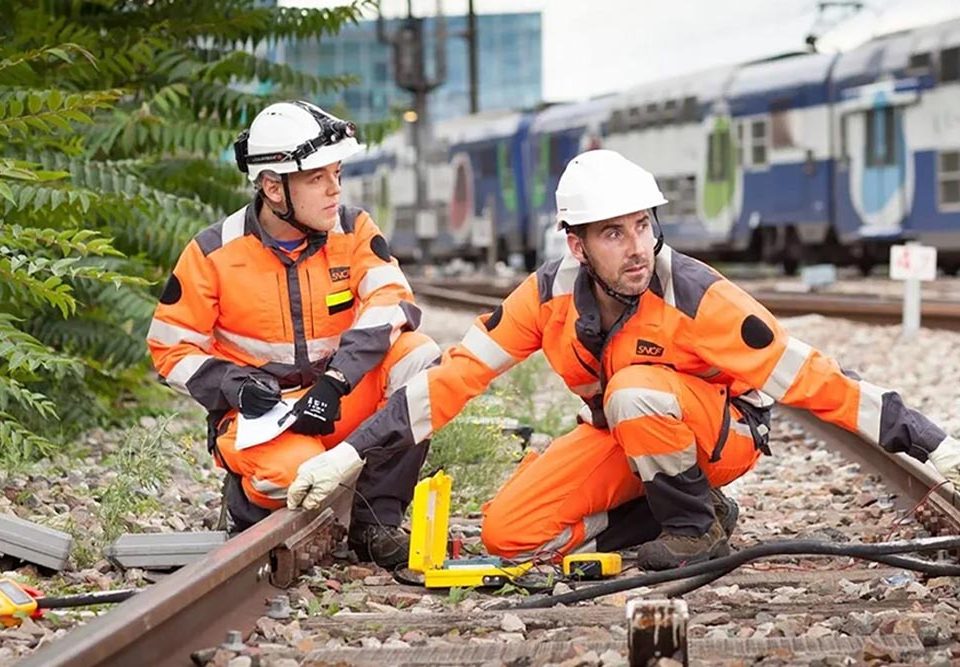Cepovett Group CSR Policy
At the service of corporate sustainability
Our CSR actions
The Group's CSR commitments
For several years now, CEPOVETT Group has been integrating sustainable development into the heart of its business strategy, operational processes and tools. The company's Corporate Social Responsibility (CSR) policy, supported by General Management, applies to the entire product life cycle: from design to the end of the life of professional clothing. Broken down into 10 areas of commitment to progress, it is a lever for mobilising teams, differentiating products and creating sustainable value.
CSR editorial

Marc Jacouton, Director of Sustainable Development and External Relations
Unlike Covid, there is no vaccine against climate collapse
COP29 is being held in Baku against a backdrop of political uncertainty and a worrying decline in corporate commitment to sustainability, according to a recent study. Inflation, geopolitical tensions and AI are fuelling this decline, while the perception of CSR as a cost is holding back initiatives. Paradoxically, this trend is out of step with the growing expectations of customers and employees. To overcome this crisis of mobilisation, it is crucial to act pragmatically, adopt inspiring new models and become ‘Imagin'actors’, combining imagination and action to prepare for the future.
The blog
Discover our other CSR actions on the blog.
The Group's QSE documents
A continuous improvement approach to responsible economic performance and environmental protection.
Our commitment to sustainable development and quality.
Building together









